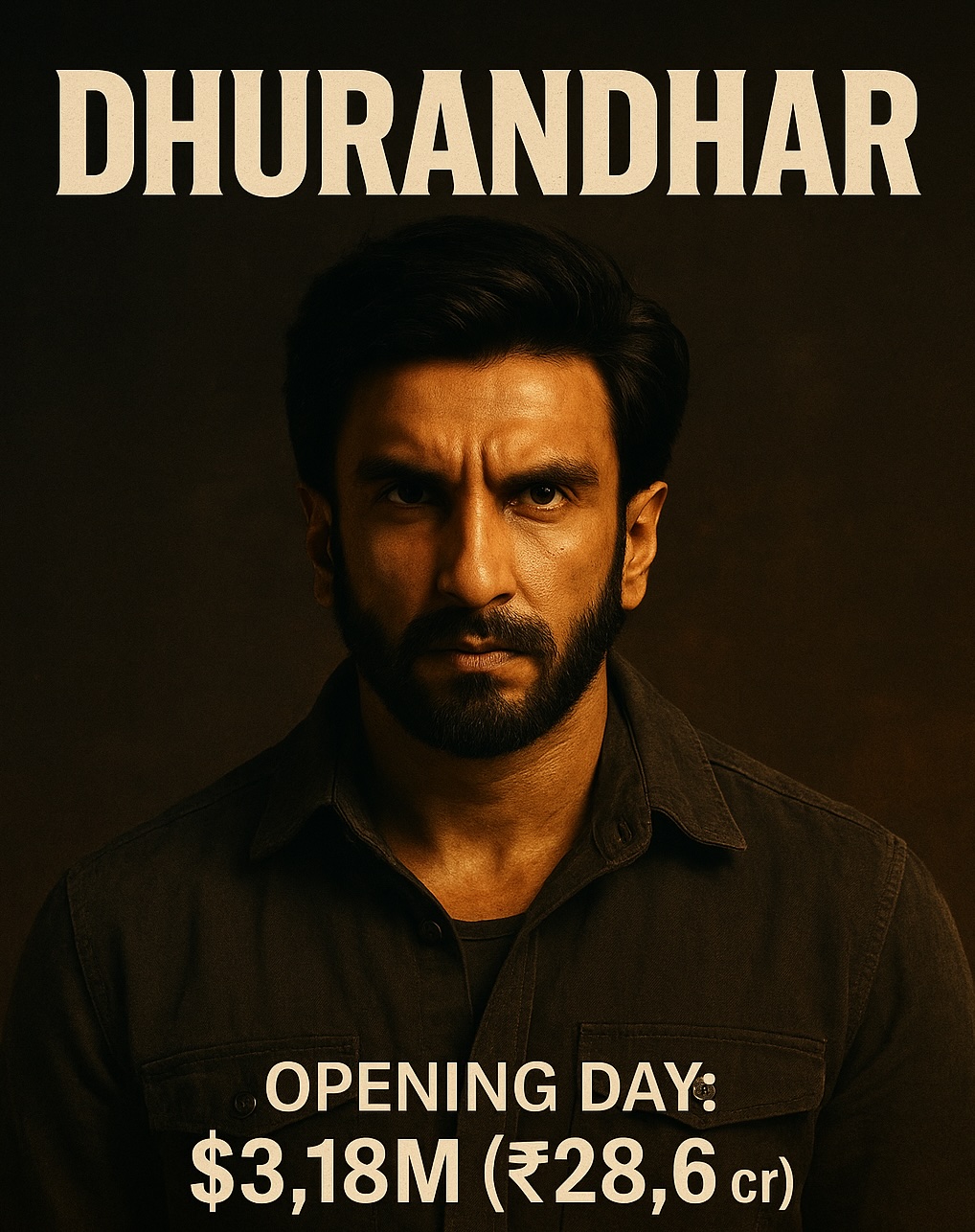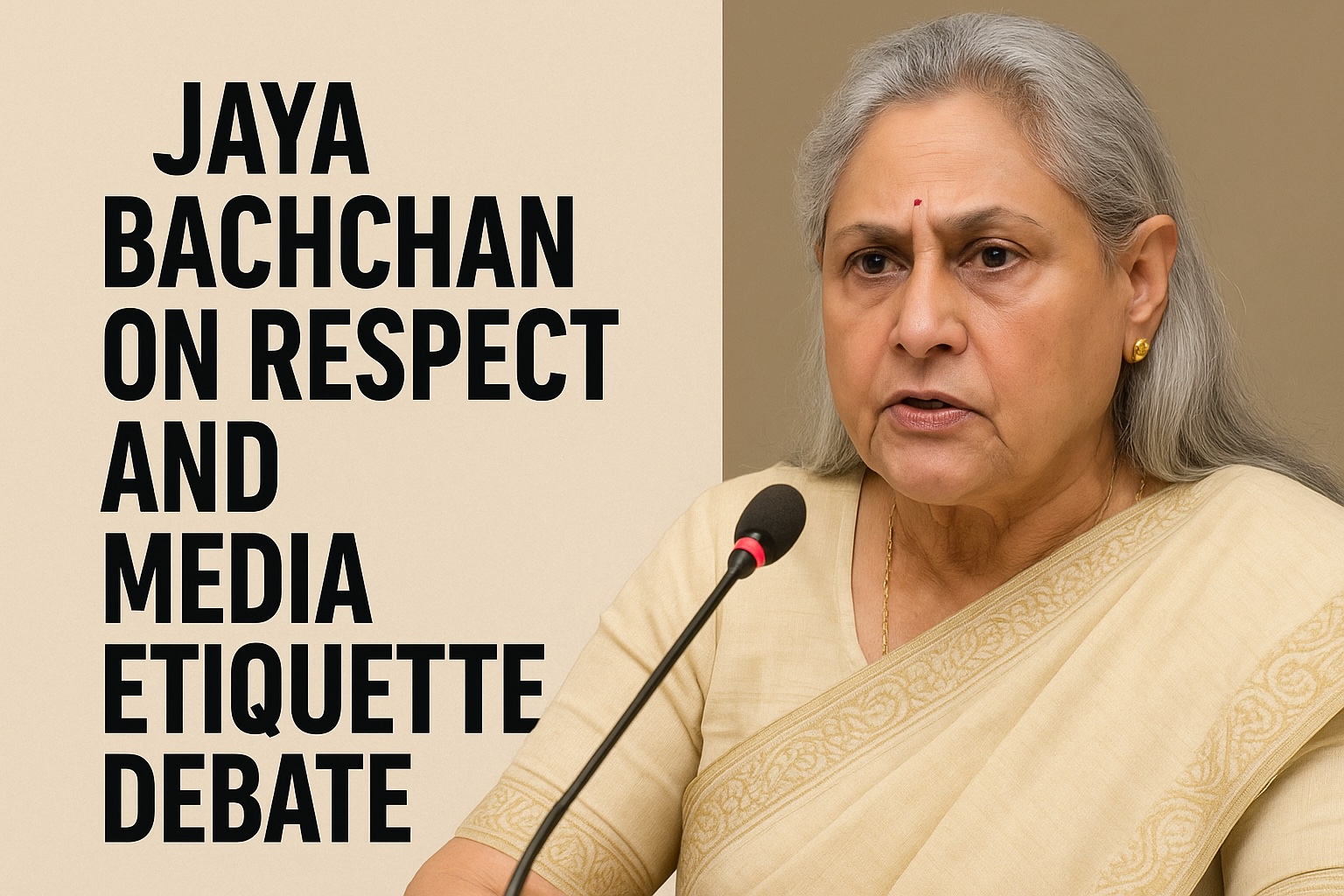
Eega (Makkhi) Director S S Rajamouli is all set to finally break into Hindi films. He discusses his plans and why he disapproves of remakes, with Subhash K Jha.
Is it true after Makkhi you’ve finally decided to take the plunge into making a Hindi film?
Yes, it’s actually going to be a Hindi-Telugu film. It’s a universal story, not star-centric film. When I was in Mumbai for the promotion of Makkhi I met Ajay Devgn, Kajol and Shah Rukh Khan. I wanted to meet Aamir Khan. He was shooting out of India. I also met my favourite director Raju Hirani. All of them showered praises on Makkhi. I am now confident about attempting a film in Hindi. I believe if you have a good story to tell, audiences will watch it.
Whom would you be working with in Hindi?
It would have to be the Telugu star Prabhas. We’re committed to make the next film with him. I did work with Ajay Devgn and Kajol who did the voiceover in Makkhi. I wanted a couple with easily identifiable voices but with an image for being family-oriented. Ajay and Kajol fitted the bill. You get a good feel about them. Ajay agreed when I approached him. But I insisted he see the film first. After seeing the film the first thing he said, ‘I must show this film to my kids.’
I believe you’ve zeroed in on the subject that you want to do in Hindi?
Yes, I am looking at shooting my next film in Hindi and Telugu. It is a period film. But not a historical. It’s a folk story. And no, it’s not about reincarnation. I’m done with reincarnation after Magadheera and Eega.
What’s this fascination with the theme of reincarnation?
It started with Rakesh Roshan’s Karan Arjun. I remember watching that film. For the first time I openly laughed and wept during a film. Earlier I was very reserved about my emotions. Karan Arjun opened up my emotions.
Why have you stayed away from Hindi cinema so far?
To be very frank I never got very good offers from Hindi cinema until Eega. Now I’m flooded with offers. But I’ve some commitments to fulfill in the South before I head to Mumbai to make a film. Of course as a storyteller I want my cinema to reach a larger audience, no doubt about that.
Your films have been remade and dubbed into several Indian languages. Yet you continue to function from Andhra Pradesh?
I am very happy and proud to be known as a Telugu filmmaker. I am glad to know my films make a pan-India impact. I see no linguistic impediment. But to make a film in Hindi would be an advantage. It has to be a universal story like Makkhi. A fly is a fly anywhere. Vikramarkurdu was made as a star-vehicle for Ravi Tejaa. I couldn’t have made it for the entire country. It was tailored for Telugu audiences.
Why didn’t you direct Rowdy Rathore, the Hindi version of your hit Vikramarkurdu?
Because it was never offered to me! And even if it was, I wouldn’t have done it. I’ll be making an original film in Hindi. No point in doing the same film twice over.
What did you think of Rowdy Rathore?
Frankly, I’m not a fan of my original film in Telugu either. I know it had some good moments, for example the sentiments shared between the hero and the little girl who reforms him, which made the film work. The re-makers exploited those moments but not enough. We gave much more footage in Vikramarkurdu to the father-daughter scenes.
The refrain Chin ta ta chi ta ta in Rowdy Rathore was lifted from Vikramarkurdu and used into Rowdy Rathore?
Actually it was not our original tune either. My music composer M M Kreem didn’t compose it. It’s like… how do I put it? A folk tune in Tamil Nadu. It’s a kind of anthem refrain among students in the State. Youngsters compose their own crude protest songs and then cap it with Chinta ta ta. It has existed in Tamil Nadu for generations. I made it a part of Ravi Tejaa’s character and then it was given to Akshay Kumar.





